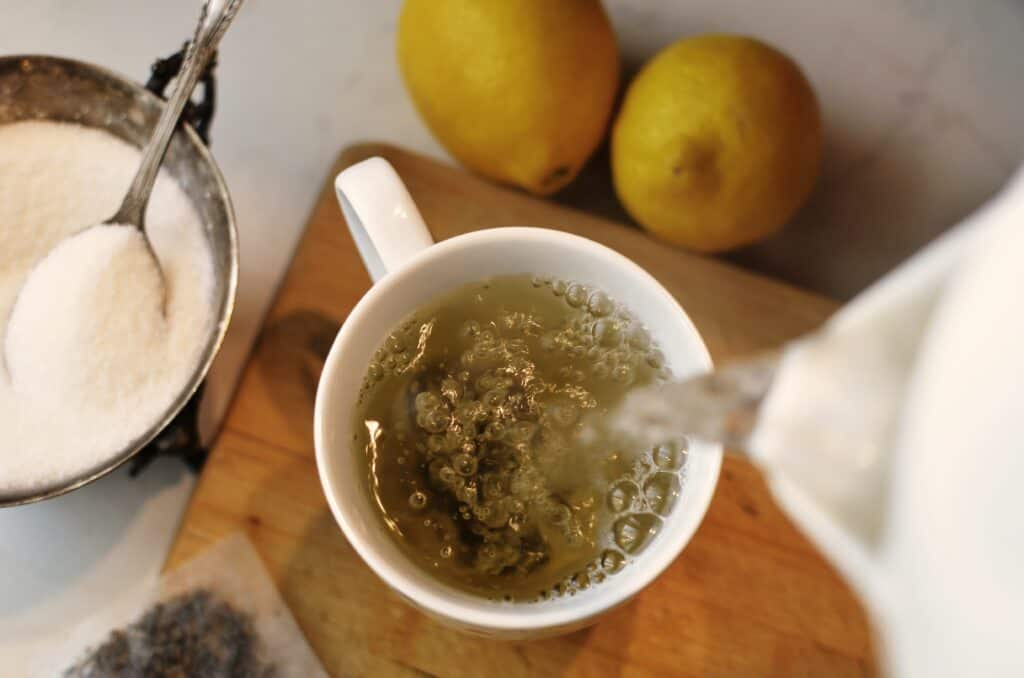Your gut (or gastrointestinal tract) contains trillions of microorganisms that comprise your gut microbiome. These bacteria, yeasts, and fungi greatly affect your digestion and other bodily functions.
Limiting foods that harm your gut and adding gut-enhancing foods are the best ways to support your digestive system for optimal health. Consult a Trivida Functional Medicine Denver digestive help for assistance.
Eat a High-Fiber Diet
A high-fiber diet is a critical component of digestive health. Fiber is a carbohydrate that your body can’t fully digest, but it helps move food through your digestive system. High-fiber diets are linked to a lower risk of heart disease, cancer, and other health problems.
Ensure you eat various naturally high-fiber foods, including whole grains, beans, and vegetables. Add spinach, kale, or other leafy greens to your salads, and add legumes such as lentils and beans (pinto, kidney, lima, navy, or garbanzo) to soups and stews. If you’re new to a high-fiber diet, be sure to increase your intake over time gradually. Adding too much fiber too quickly can lead to gas, bloating, and cramping. And remember to drink plenty of water.
Eat Alkaline Foods
The alkaline diet has been a buzzword in the health and wellness community, with pro athletes and celebrity influencers touting its benefits. Its claims of preventing disease, weight loss, and boosting energy may be appealing but don’t stand up to scientific review.
Green leafy vegetables like spinach, kale, and romaine balance the body’s pH and promote healthy digestion. They also contain vast reserves of vitamins A, C, and E, folate, and minerals like iron, calcium, and phosphorous.
Brown rice, oats, and quinoa are alkaline foods that support healthy digestive function. You can pair them with non-starchy veggies and salmon to make an easy alkaline meal. You can also eat small amounts of seaweed to boost your health. It contains polyphenols, fatty acids, and carotenoids that can improve blood sugar regulation, lower inflammation, and protect against cancer.
Eat Bitter Foods
Bitter foods have a sharp, tannic flavor and include vegetables, herbs, and drinks. “Eating bitter foods helps to stimulate the digestive tract, increase saliva, and trigger the release of stomach acid,” says registered dietitian Theresa Shank. Add radicchio, kale, and parsley to your diet, or try sipping dandelion tea.
Studies show that bitter foods help control appetite and may aid in keeping blood sugar levels steady. For example, in one study, participants who consumed gentian root extract before an all-you-can-eat meal ate 30 percent fewer calories than those who didn’t. A recent study found that stimulation of bitter taste receptors triggers the secretion of GLP-1, a hormone that helps regulate appetite and food intake.
Avoid Inflammatory Foods
Acute inflammation is a natural response to injury or infection. It typically resolves on its own, but chronic systemic inflammation can cause many health problems, including heart disease, diabetes, and cancer. Foods that can contribute to this inflammation include refined sugars, unhealthy fats (like the trans-fats found in processed foods), inflammatory vegetable oils, gluten, and dairy products.
Anti-inflammatory foods can support digestive health by promoting the growth of beneficial bacteria and decreasing harmful microbes. These foods can include natural yogurt, miso, kefir, and fermented vegetables like kimchi and sauerkraut. Fatty fish, nuts, and seeds are also rich in anti-inflammatory omega-3 fatty acids. Avoid soda and other artificial sweeteners, as they have been shown to disrupt the balance of bacteria in your gut. Drinking black, green, and herbal teas can also help fight inflammation.
Get Enough Sleep
Many of us struggle to get enough sleep. This can be due to several factors, including stress, poor diet, and other health issues. Getting enough sleep is crucial for supporting digestive health, allowing your body to recover and process the food you consume.
Getting enough sleep can also help prevent digestive problems like heartburn and bloating. Try to relax before bed to get the most out of your sleep. This can include having a warm bath, drinking a cup of herbal tea, or even meditating for a few minutes. You can also check out the products for sale at retailers like https://perfectplantmarket.
Another tip is to eat two or three prunes before sleeping. Prunes are high in fiber and help produce melatonin, a natural sleep aid.





